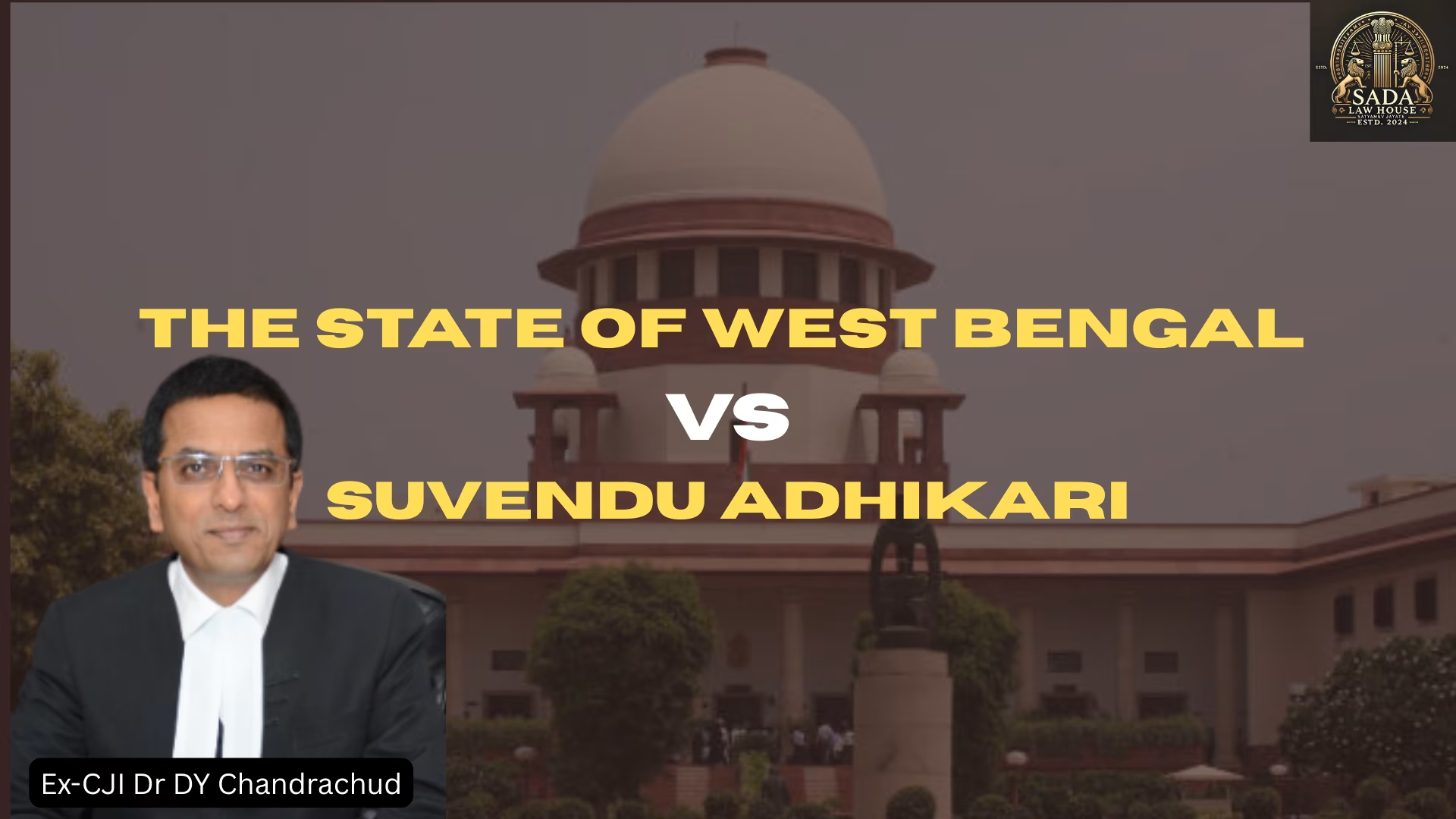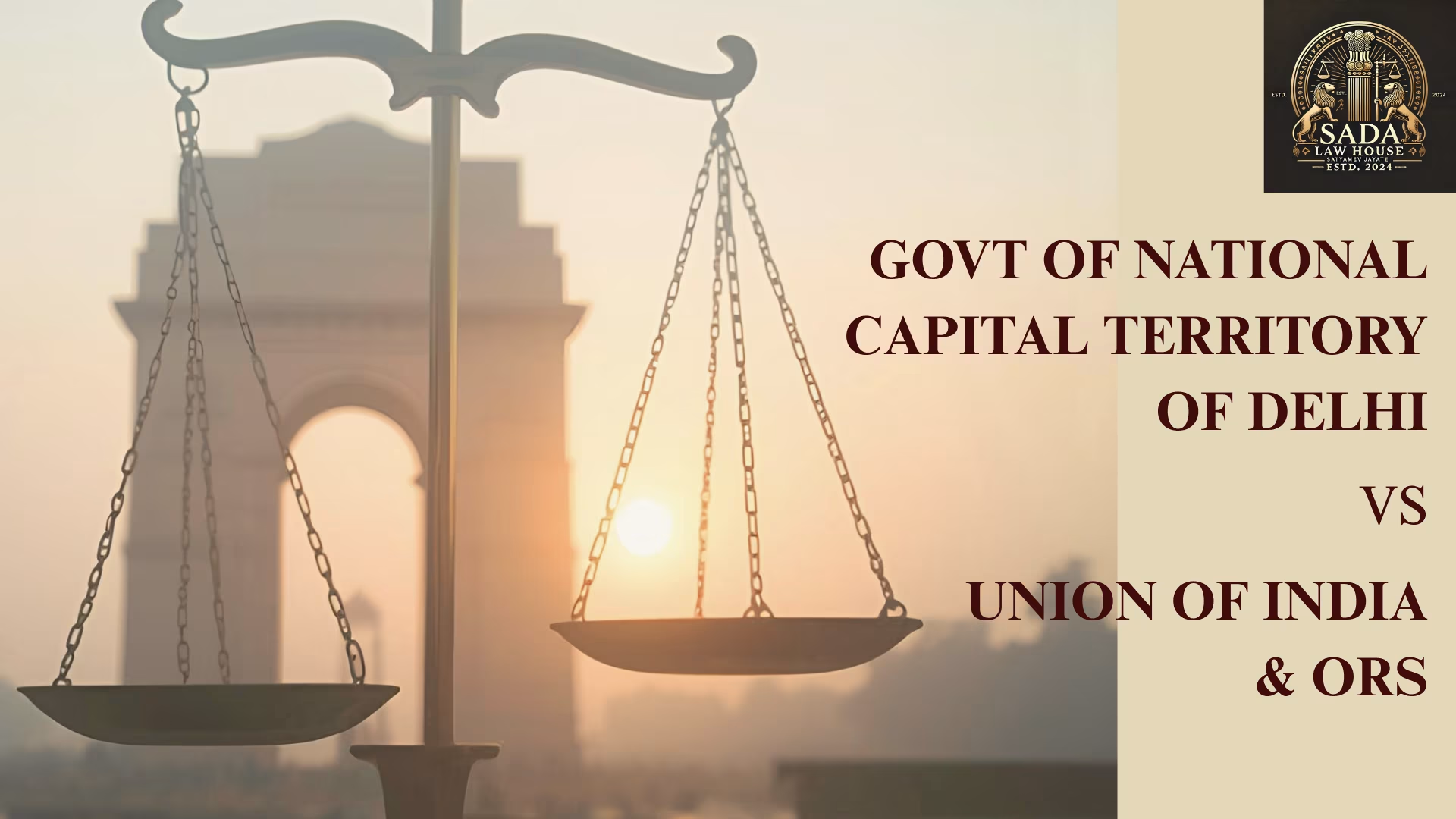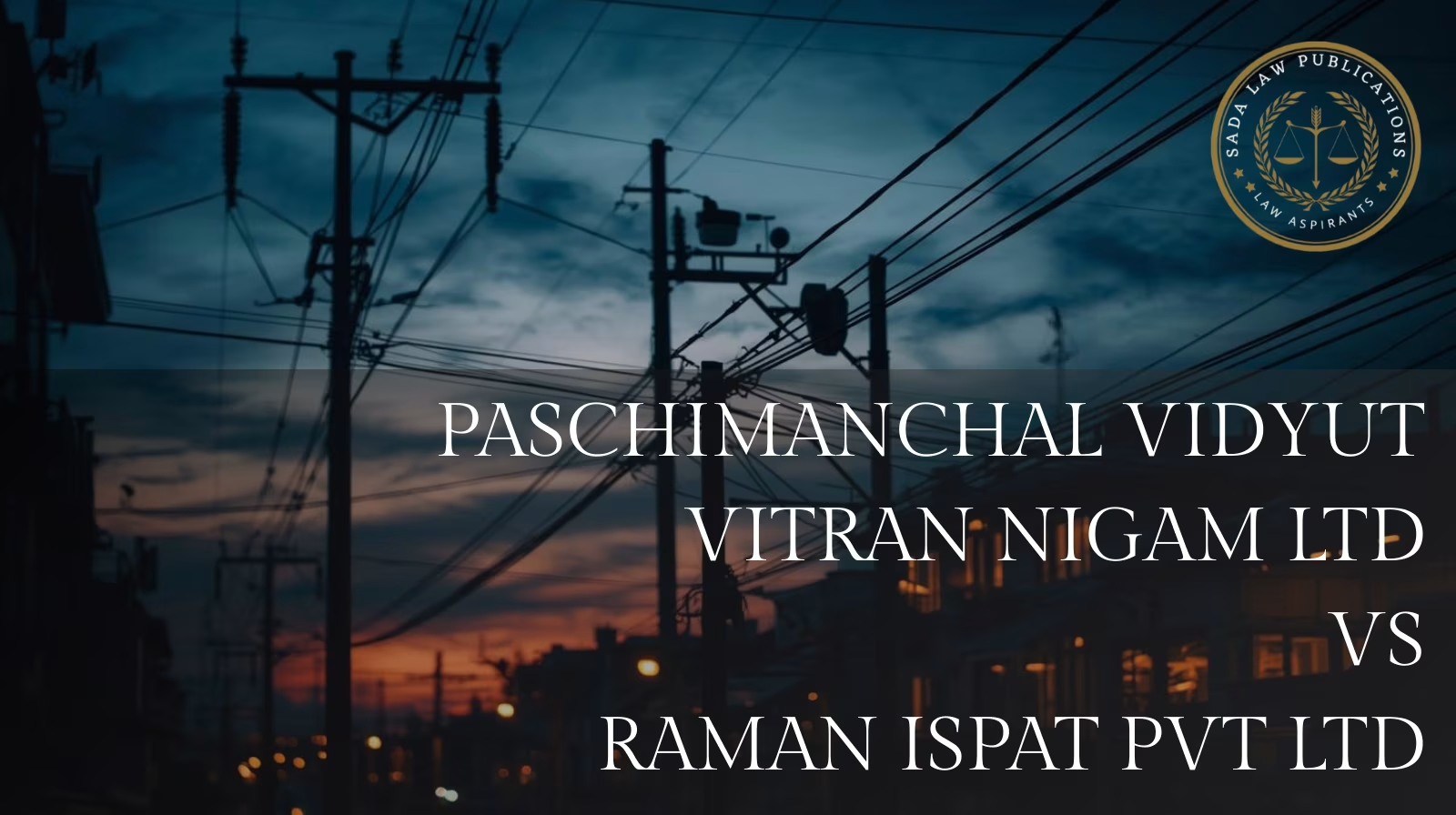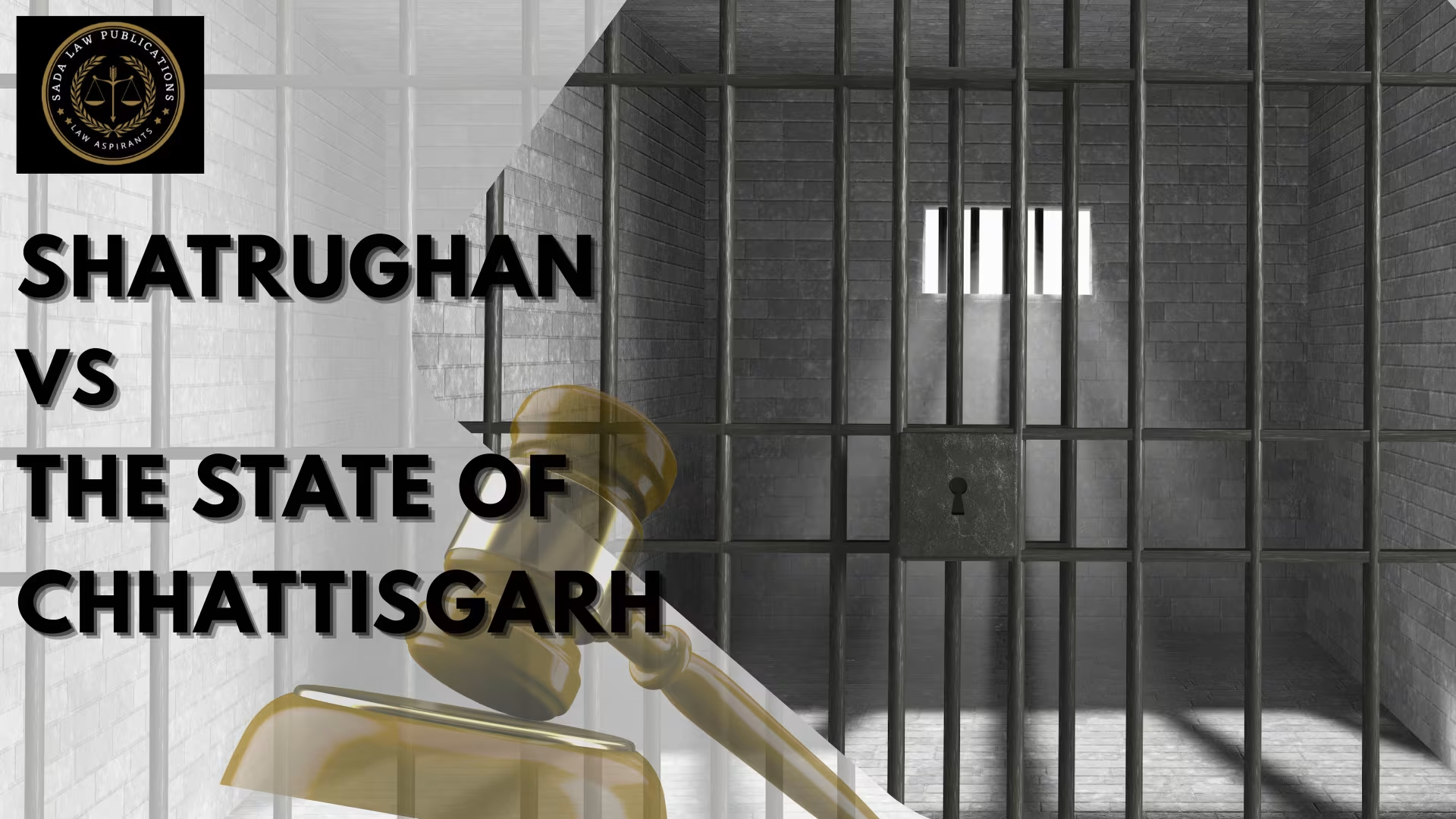Supreme Court Upholds NIA Probe in West Bengal Ram Navami Violence Cases
- PRABHAT KUMAR BILTORIA
- Sep 29, 2025

Introduction
The case arises from the communal violence that erupted during Ram Navami processions in West Bengal between March and April 2023. Allegations of the use of explosives led the Calcutta High Court to transfer the investigation to the National Investigation Agency (NIA). The State of West Bengal challenged this transfer before the Supreme Court, questioning the High Court’s and Central Government’s authority under the National Investigation Agency Act, 2008.
Facts of the Case
Six FIRs were filed in West Beng
al police stations between March 30 and April 3, 2023, regarding violent incidents during Ram Navami processions.
Allegations included use of explosives, prompting grave concerns for public safety.
On a Public Interest Litigation (PIL), the Calcutta High Court ordered the transfer of investigation to the NIA.
The State of West Bengal objected, arguing that injuries were minor, seizure memos were flawed, and the transfer undermined state police.
Meanwhile, on May 8, 2023, the Central Government issued a suo motu notification under Section 6(5) of the NIA Act directing the NIA to take over.
NIA filed FIRs on May 10, 2023, and cognizance was granted on May 11, 2023.
Issues of the Case
Was the High Court justified in directing the NIA to take over under Section 6(5) of the NIA Act?
Was it legal for the Central Government to issue a suo motu notification ordering an NIA investigation?
Judgment
The Supreme Court upheld both the High Court’s order and the Central Government’s actions, dismissing West Bengal’s challenge.
Key Points:
Section 6 of the NIA Act (2008):
State police must inform the State Government of scheduled offenses [s.6(1)].
State must forward reports to the Centre [s.6(2)].
The Centre may decide whether the NIA should investigate [s.6(3)].
Even without state referral, the Centre can suo motu order an NIA probe [s.6(5)].
The Central Government’s May 8, 2023 notification was valid, within its powers, and uncontested during hearings.
The Court limited itself to jurisdictional legality, declining to examine whether explosives were actually used.
The NIA’s competence to act independently of state referrals was reaffirmed.
Conclusion
The judgment reinforced the Central Government’s authority under the NIA Act to intervene in matters of national security and public order, even without state referral. It validated the High Court’s proactive role in ensuring a credible investigation into communal violence and clarified the wide scope of Section 6(5).
The Central Government lawfully empowered the NIA.
High Court intervention was not excessive.
The Special Leave Petitions filed by West Bengal were dismissed.
The NIA will continue its probe into the Ram Navami violence cases.
Case Laws






